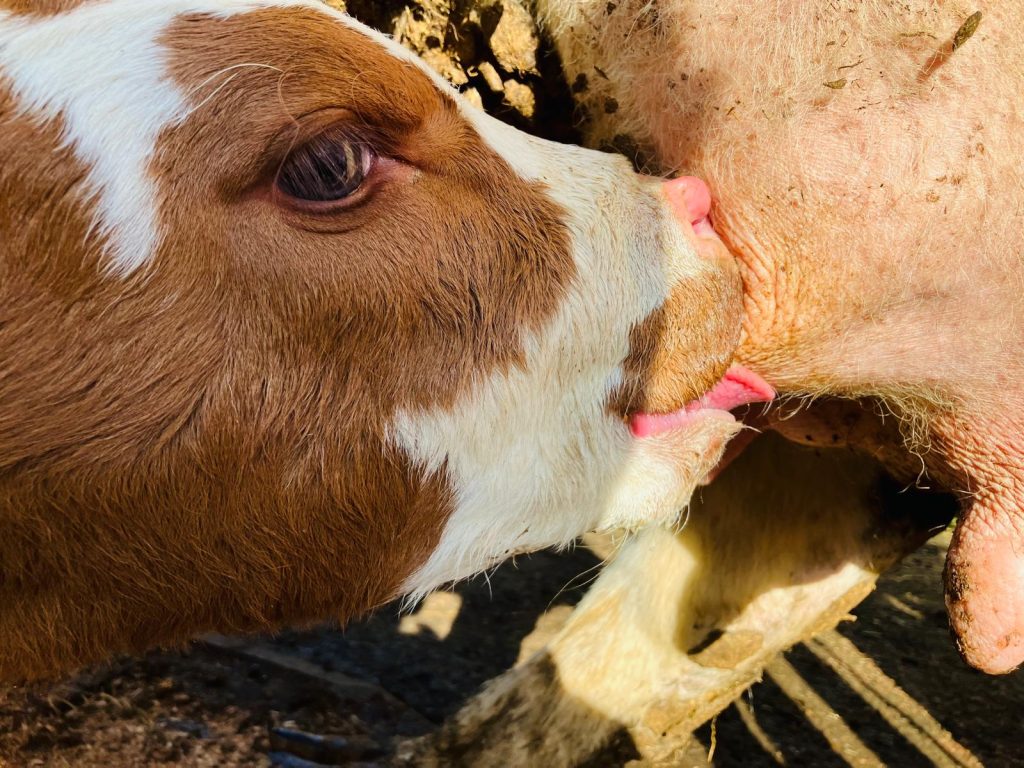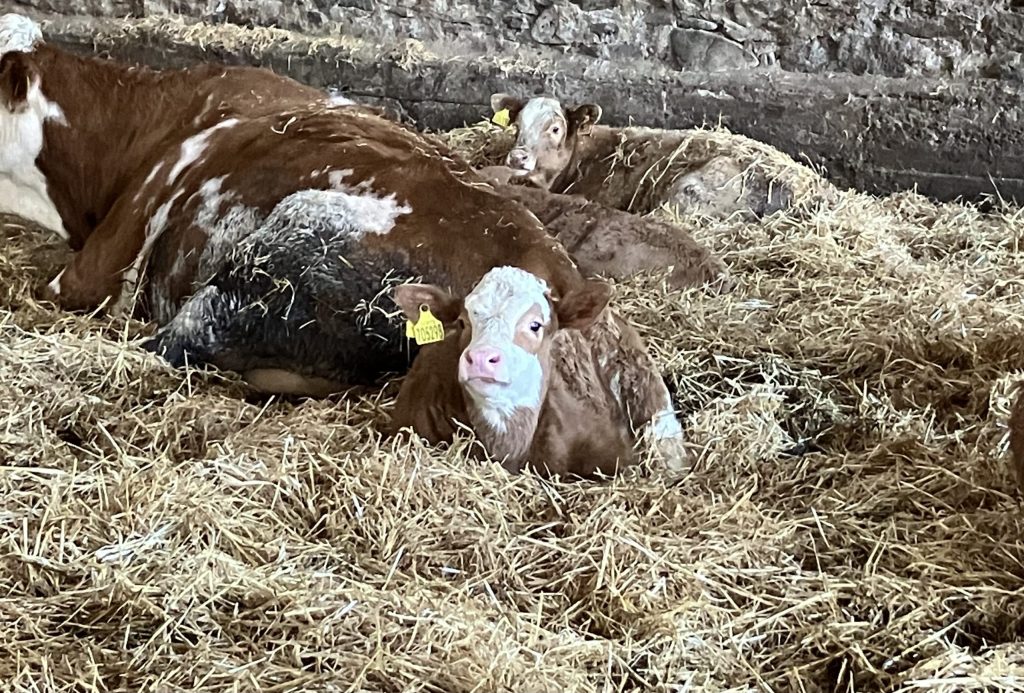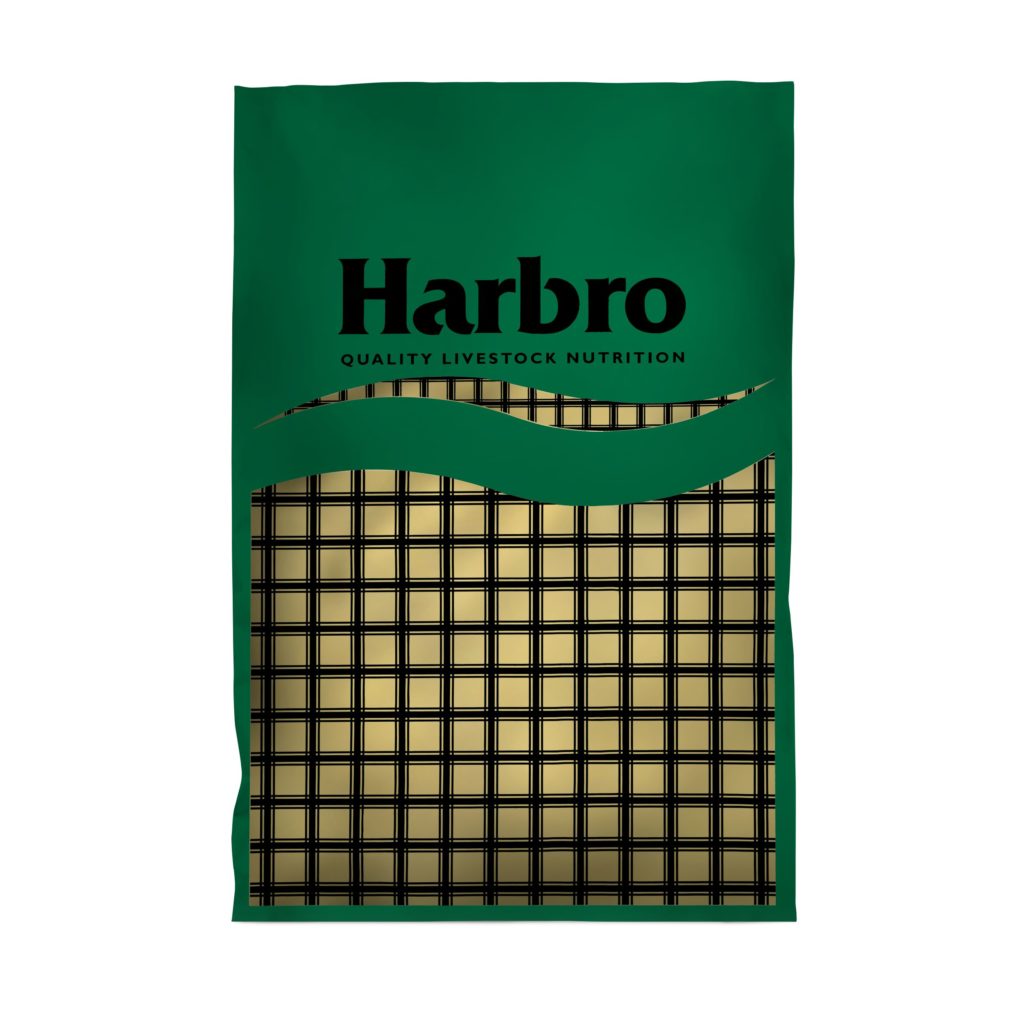By Jill Hunter, Beef & Sheep Nutritionist
There is nothing more important than colostrum. Getting it right can be the difference between strong, powerful calves you never have to touch again or weak calves, which continually present issues such as pneumonia throughout their entire lifetime.
Antibodies cannot pass through the placenta of ruminants, meaning colostrum is the only way to provide immunity in early life. They are relatively big molecules, so the calf’s gut has to open to allow them to be absorbed. As soon as the calf is born, it is a race against time to get colostrum into them, before the gut starts to close and the antibodies can no longer be absorbed. We want to get a big bellyful, as quickly as possible before the gut wall starts to close and the goodness can no longer be absorbed. If in doubt, tube the calf with colostrum from its own mother or another cow.
Typically, colostrum contains twice the fat and four times the protein of milk. This is one of the reasons for the cow’s high energy and protein requirements around calving. To support quality colostrum production, it is essential to have a diet which balances rumen degradable protein with rumen by-pass protein and energy.
Some vitamins and minerals do not cross the placenta either, like vitamin E. This means adequate vitamin E must be in the cow at calving, to ensure colostrum is rich in vitamin E to prevent issues like white muscle disease.


Selenium is another mineral which is essential to the newborn. Shivering accounts for 50% of heat production in newborns and brown fat, which is the layer of fat a calf is born with, accounts for a further 30%. Alongside other supplements, selenium is essential for muscle function, which allows the newborn to shiver and is needed to release energy stored in brown fat. This means it is essential to supplement cows with selenium. Traditional sources of selenium can be poor quality and not well utilised by the animal. This is why Sel-plex is used in Harbro products. Sel-plex is an organic, selenium enriched yeast, which is readily absorbed and utilised, with trials showing more lambs weaned which were heavier and grew quicker than those from ewes not fed Sel-plex.
Of course, the quicker a calf stands and suckles, the quicker it reaps the benefit of the quality colostrum waiting for it. Omega 3 has been shown in trial work to increase gestation length and birth weight and decrease time to stand and suckle, making it essential in late pregnancy.
Colostrum is nutrient rich, essential to get calves off to the best start and the number one thing we can do to influence lifetime performance and profitability. A small investment pre-calving can help take your herd to the next level.
| To best support a suckler cow as she heads towards calving, we recommend the following two products as an investment in your cow and calf. |
Super Suckler SEC
Powdered mineral or 25kg & 100kg lick buckets
Supporting immunity through supplying selenium as Sel-plex, meaning it gets into colostrum and milk to help newborns keep warm, boost immune system and get calves off to a good start.
Looking after cow and calf health by having the right level of vitamin E and antioxidants, along with magnesium and calcium to avoid grass staggers, slow calvings and retained cleansings.
Boosting fertility by including the right level of copper, from a source which has a positive impact on rumen health and is not affected by molybdenum.
Feed rate depends on cow size, but typically 120-150g/head/day for the last 6 weeks before calving.

Ruminant GreenGold
Meal which comes in 25kg bags
Originally made as a replacement for fish meal, suitable for all ruminants.
Unique range of quality protein sources including a high concentration of rumen by-pass protein to boost colostrum quality and subsequent calf immunity.
Omega 3 and seaweed to improve calf vigour at birth as well as support fertility in the cow after calving.
We recommend 200g/head/day for the last 6 weeks before calving.

| For more information contact your local Harbro Specialist |
